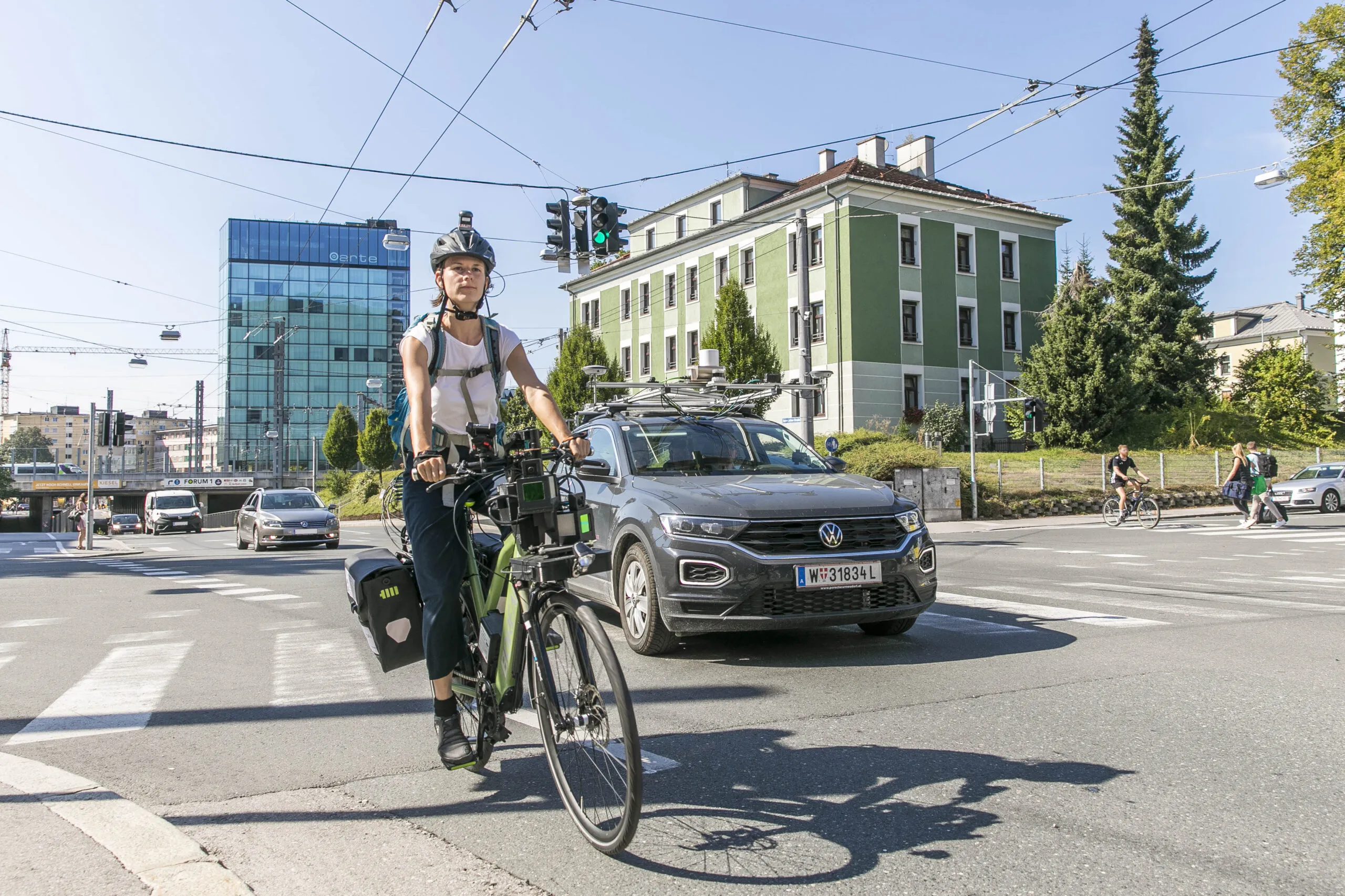Launched in 2015, the Missouri Department of Transportation’s (MoDOT) ‘Road to Tomorrow’ initiative is ready to move on five pilot projects, according to Equipment World.
MoDOT plans to utilise innovation and construction to rebuild the state’s oldest interstate highway, Interstate 90 and make the highway from Kansas City to St Louis available to private industry, entrepreneurs and innovators as a laboratory for construction of the next generation of highways.
MoDOT has made a 2016 TIGER Grant request
June 17, 2016
Read time: 2 mins
Launched in 2015, the 1773 Missouri Department of Transportation’s (MoDOT) ‘Road to Tomorrow’ initiative is ready to move on five pilot projects, according to Equipment World.
MoDOT plans to utilise innovation and construction to rebuild the state’s oldest interstate highway, Interstate 90 and make the highway from Kansas City to St Louis available to private industry, entrepreneurs and innovators as a laboratory for construction of the next generation of highways.
MoDOT has made a 2016 TIGER Grant request that would fund a ‘smart pavement’ project in the Kansas City region, along with one for a Surface Transportation System Funding Alternatives grant that would examine new sustainable funding sources.
It also hopes to move forward with a pilot project to test the truck platooning concept on Missouri highways, where wireless connectivity between commercial trucks enables the second truck to follow at a close distance for better fuel economy and enhanced safety.
A request for proposals (RFP) has been issued for an Internet of Things (IoT) broker, who would respond to the demand for devices/networks on the state’s right of way to enable the use of connecting devices and vehicles using electronic sensors and the Internet.
MoDOT has also issued an RFP for a pilot project to install ‘smart pavement’ for testing at a location to be determined. This would feature sensors and systems that enable vehicle-to-infrastructure and infrastructure-to-vehicle connected vehicle technologies and services and provide data to MoDOT, motor carriers and other commercial fleet operators and private drivers on a subscription basis to enable sustainable, self-funded infrastructure assets for public owners.
The Department also plans a Solar Roadways Pilot Project, where solar panels will be installed on sidewalks to test their potential for generating heat to melt snow and for generation of electricity for other purposes.
MoDOT plans to utilise innovation and construction to rebuild the state’s oldest interstate highway, Interstate 90 and make the highway from Kansas City to St Louis available to private industry, entrepreneurs and innovators as a laboratory for construction of the next generation of highways.
MoDOT has made a 2016 TIGER Grant request that would fund a ‘smart pavement’ project in the Kansas City region, along with one for a Surface Transportation System Funding Alternatives grant that would examine new sustainable funding sources.
It also hopes to move forward with a pilot project to test the truck platooning concept on Missouri highways, where wireless connectivity between commercial trucks enables the second truck to follow at a close distance for better fuel economy and enhanced safety.
A request for proposals (RFP) has been issued for an Internet of Things (IoT) broker, who would respond to the demand for devices/networks on the state’s right of way to enable the use of connecting devices and vehicles using electronic sensors and the Internet.
MoDOT has also issued an RFP for a pilot project to install ‘smart pavement’ for testing at a location to be determined. This would feature sensors and systems that enable vehicle-to-infrastructure and infrastructure-to-vehicle connected vehicle technologies and services and provide data to MoDOT, motor carriers and other commercial fleet operators and private drivers on a subscription basis to enable sustainable, self-funded infrastructure assets for public owners.
The Department also plans a Solar Roadways Pilot Project, where solar panels will be installed on sidewalks to test their potential for generating heat to melt snow and for generation of electricity for other purposes.











